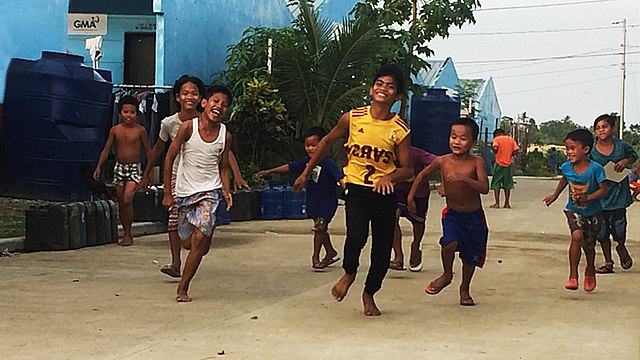By Perfecto Caparas
The Philippine Department of Education recently issued a policy adopting “rights-based education” as its basic framework for kindergarten to high school students.
Titled “Child Rights Policy: Adopting The Rights-Based Education Framework In Philippine Basic Education,” the DepEd policy aims “to guide DepEd and other stakeholders on the duty to respect, protect, fulfill, and promote all children’s rights to and in education.”
It seeks to “strengthen integration of child rights in the K to 12 curriculum, instruction, and assessment, extra- and cocurricular programs, and in the culture and learning environment of the school, community learning center and other learning modalities.”
DepEd will develop “child-centered and child-caring basic education schools, learning centers, and offices, which perform their duty to respect, protect, fulfill, and actively promote the
education rights of children so they may lead productive and happy lives as they participate in nation building.”
“At the center of Philippine basic education is the child and learner,” the policy states.
Child rights framework
RBE or rights-based education “acknowledges that children are persons with rights and active participants in their education and its design, development, and management, and not merely
passive recipients of education services,” reads the policy.
RBE “serves as framework and lens, which recognize that a rights based approach to education, particularly a child rights approach, is key to nurturing happy, well-rounded, and smart
learners and creating a positive learning environment where learners feel safe and socially connected.”
Rights-holder
RBE also “recognizes that children are rights-holders and adults are duty-bearers who have a corresponding obligation to uphold these rights.”
“A framework for basic education in which DepEd performs its mandate to uphold the education rights of the child on the basis of legal obligations corresponding to those rights is a rights-based education,” states the policy.
It explains that “the right to access education, the right to quality education, and the right to respect and well-being in the learning environment are indispensable, interrelated, and interdependent with each other.”
Duty-bearer
DepEd sees itself “as a duty-bearer to respect, protect, fulfill, and actively promote the rights of the child.”
“In rights-based education, duties are a matter of legal obligation, and not merely addressing needs through provision of goods and services as a matter of preference, charity, or benevolence.”
The policy “not only strengthens the Department’s compliance with its legal duties and obligations to uphold the education rights of the child, but also addresses concerns in basic education
pertaining to access, quality, and learners' well-being.”
The policy is based on the UN Convention on the Rights of the Child and various UN human rights treaties, the 1987 Philippine Constitution, and various laws and policies.










